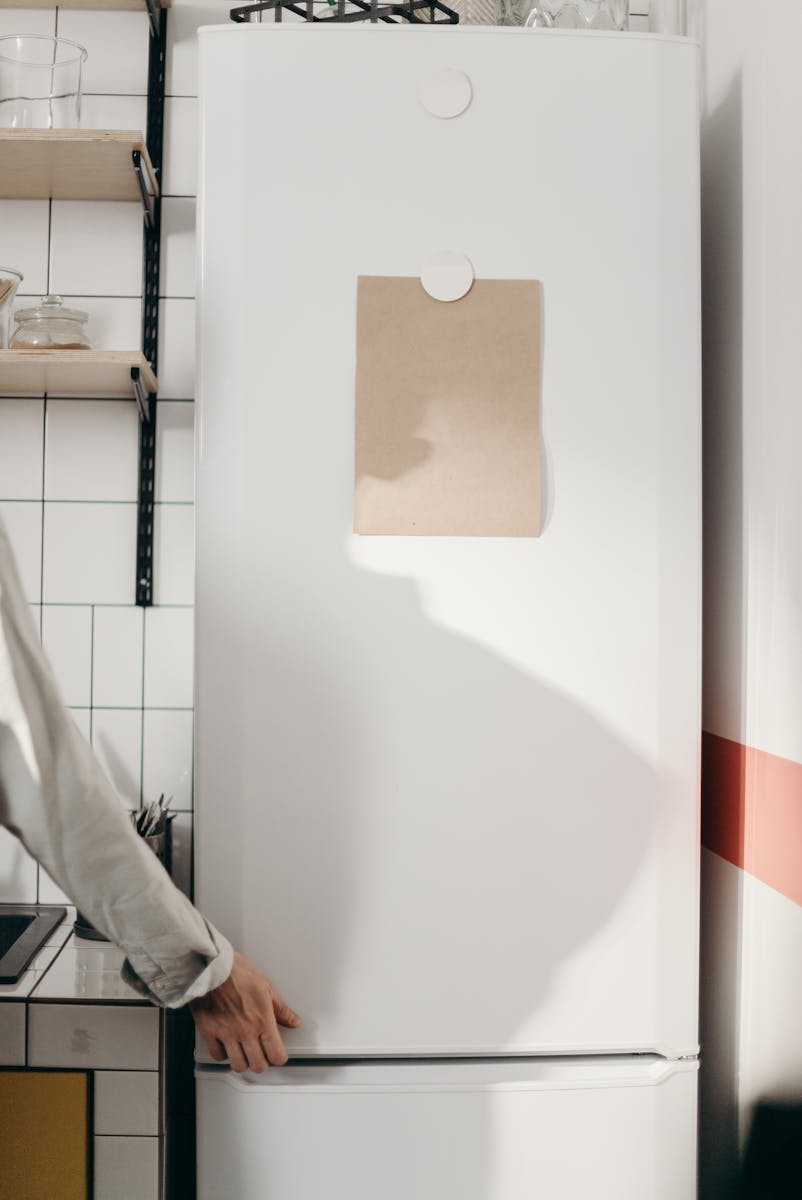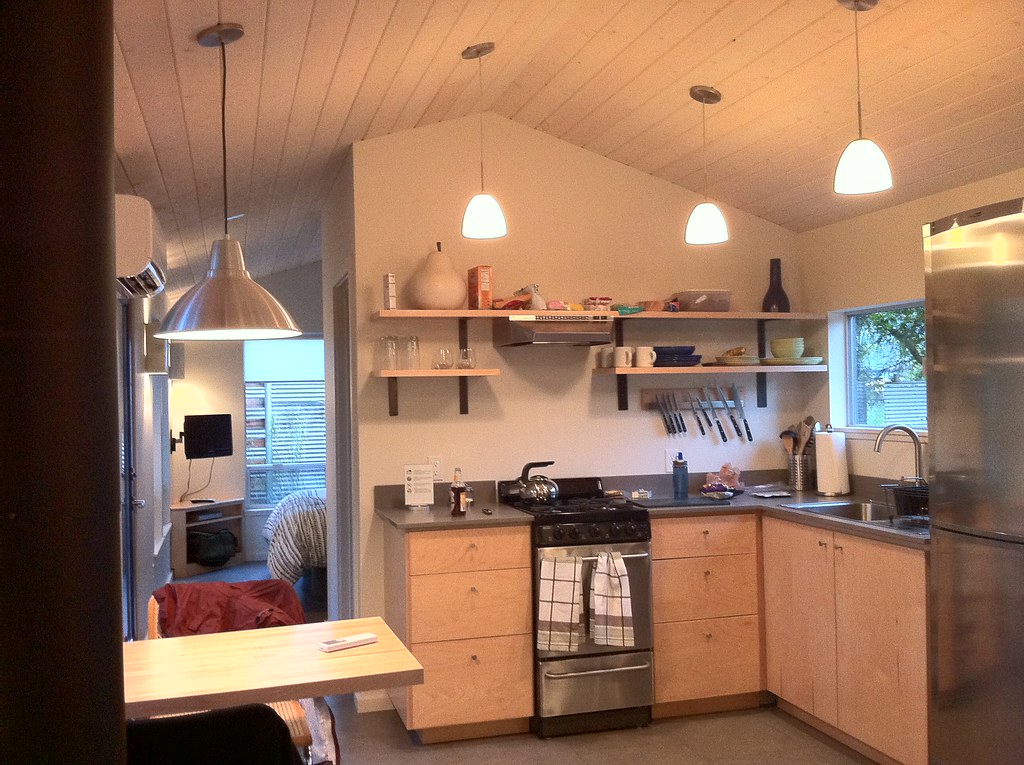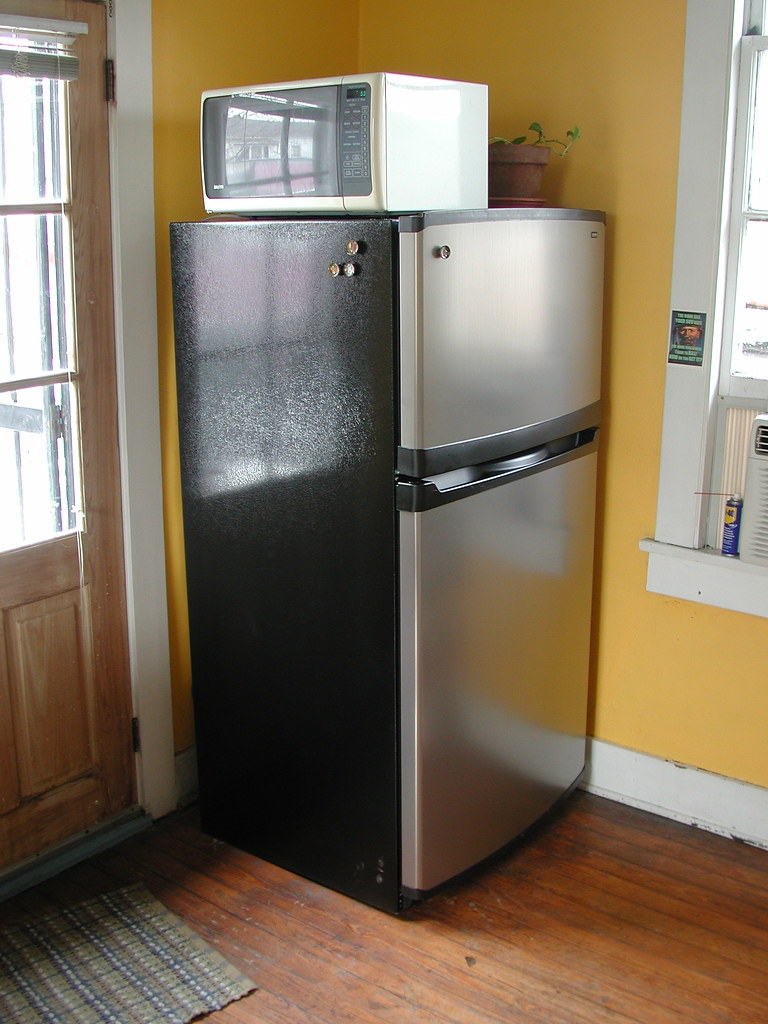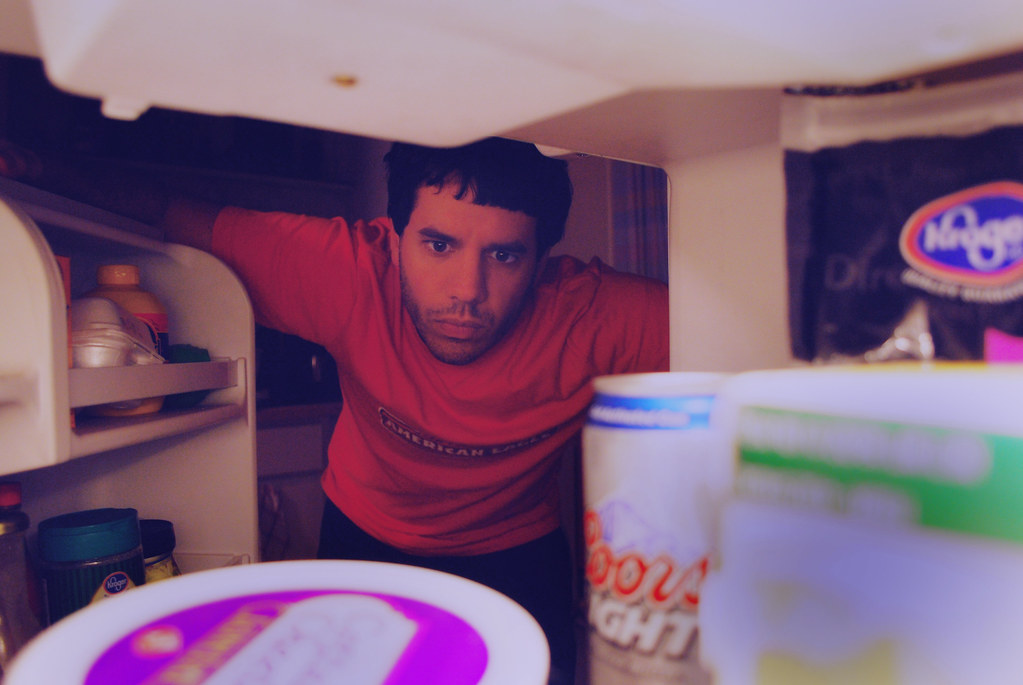Refrigerators once a luxury, are now an essential appliance in homes. The refrigerator has a mission of keeping food and beverages cool so that they are ready to enjoy and stay fresher longer.

How have refrigerators changed over the years? Although they evolved to have many extra features beyond their original mission, many users wonder if they are living up to the objective of keeping foods cold and frozen. There is a growing consensus that the fridges of now are not as useful as the appliances of 50 years ago.
It is time to explore the history and evolution of refrigerators along with the pros and cons of different models and their features. Users who prefer old-school refrigerators are of the opinion that modern fridges are not as cool as they used to be. Do they have valid arguments?
The History and Evolution of Refrigerators
The icebox was invented in 1802 by Thomas Moore. It is the impetus for the concept and evolution of the household refrigerators of now. Cabinet makers were the original designers of the icebox. They made an insulated cabinet that would hold blocks of ice to keep food fresher longer.
One idea after another changed how the refrigerator and the household freezer operated. Throughout the 18th and 19th centuries refrigerators used various methods of cooling instead of with ice. The first ideas for effective refrigerators used compressed air, ammonia, and ether. These were bulky designs which served the needs of commercial industries.
Jacob Perkins applied for a patent in 1834 for the first domestic refrigerator. Households had to wait for a feasible energy supply. Domestic electricity was the key to making commercial refrigerators for households practical. Electricity was instrumental in making the home kitchen refrigerator a growing industry. GE, still a household name, introduced a model in 1911 that was the starting point of the evolution of the home kitchen refrigerator.

Mass production and competition in the 1930s made refrigerators more affordable and popular. Innovations in features coupled with distinct colors, designs and shapes offered consumers a choice. The introduction of automatic defrost, a separate freezer door, a crisper drawer, and the butter holder were innovations in the evolution of the home fridge.
Refrigerators became more sophisticated and convenient in the 1950s and into the 60s. Catering to the modern era features such as the ice maker, a water dispenser, adjustable shelves, and door storage were added attractions to the newer models of fridges.
Moving through the 1970s and 80s, refrigerators were more versatile and customizable. Options included the side-by-side doors. Models featured the option of a bottom, top or French door freezer. Fridge panels became more intelligent and interactive with digital controls, temperature sensors, and alarms.
Refrigerators embraced the technology era in the 1990s through the 2000s. Innovative refrigerator tech included the LCD screen and internet connections. Fridges were adapted to the internet-social media-digital-smartphone era of remote control and camera monitoring. Larger capacities, better layouts, energy-efficiency and environmentally safer refrigerant propellants became selling points of the latest models.
Government mandates and environmental concerns regulated the kinds of refrigerants along with how much electricity could be used in these essential home appliances. The refrigerators of NOW in the maturing internet-social media-digital-smartphone era are cooler in looks and features but are they as cool as they used to be in fulfilling the mission of keeping food fresher or frozen longer?

The Pros of Modern Fridges:
– Energy efficient and eco-friendly.
– Refrigerants emit less greenhouse gases.
– More options for functional user friendly needs and preferences.
– Aids in preventing bacteria growth with more effective seals and hygienic interiors.
– Aesthetic and stylish offering a choice that matches many decors.
The Cons of Modern Fridges:
– Expensive and complex to service and repair
– The tech is more apt to malfunction and breakdown due to the electronic components and software.
– Fridges are vulnerable to hacking and privacy issues with the internet connection and the camera.
– Modern fridges generate tons of e-waste.

What are the Benefits of Old School Refrigerators?
Modern refrigerators offer benefits, however there are people who prefer the old-school fridge for reasons that include:
– They are simpler and easier to repair and service.
– They were made to be durable often lasting decades with proper care.
– They are a nostalgic sentimental throwback to a simpler life.
Comments from users who favor the old-school fridges include:
– “I love my old fridge. It’s been with me for 30 years and it still works perfectly. It has a lot of space, and it keeps everything cold. It doesn’t have any fancy features, but it does its job well. I don’t need a fridge that talks to me or takes pictures of my food. I just need a fridge that cools my food.”
– “My grandma’s fridge is the best. It’s from the 50s and it has a lot of character. It has a beautiful color and a retro design. It has a separate freezer door and a butter conditioner. It also has a lot of memories and stories. It’s not just a fridge, it’s a family heirloom.”
– “I hate modern fridges. They are too expensive and complicated. They have too many buttons, screens, and sensors. They break down easily and they need constant updates and repairs. They also spy on you and sell your data. They are not fridges; they are robots.”
The Fridge from Past to Present and Back
Since their invention in the 1800s refrigerators have become more efficient, functional, hygienic, and aesthetic. Not every user is pleased with the changes in the evolution of the fridge. There are people who prefer an old school fridge because of their simplicity, durability, nostalgia, and practicality.
Modern or the old-school fridge? The answer is finding the one that suits your needs, budget, and taste. No matter what fridge you have, the best way to make it useful is to fill it with delicious and healthy food.
Related posts:
How Has the Refrigerator Changed Our Lives? – The Classroom
| FOOD After 50 years how did we manage to make refrigerators less useful?
After 50 years how did we manage to make refrigerators …



